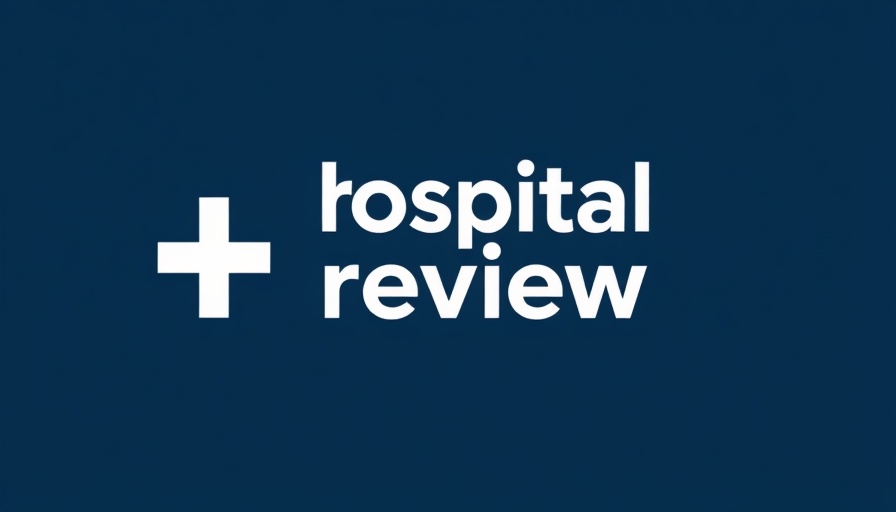
ChatGPT's Role in a Changing Workforce
Generational shifts in the workforce have always influenced how employees interact with their surroundings, but the rapid integration of technology is transforming these dynamics even further. A recent survey by Resume.org reveals that Gen Z workers have fully embraced the advancement of artificial intelligence (AI) in the workplace. Not only are they utilizing tools like ChatGPT for daily tasks, but they're also relying on this AI as a career confidant. The survey, which included 8,647 full-time U.S. workers, highlights a unique relationship between Gen Z and AI, contrasting with prior generations' interactions.
Transformative Aspects of AI Usage
According to the survey findings, a striking 51% of Gen Z respondents consider ChatGPT not just a tool, but a co-worker or assistant. Furthermore, the generational divide becomes apparent when exploring how these workers engage with the AI. A significant 40% of workers across all generations utilize ChatGPT more than their manager for information, with a remarkable 49% of Gen Z affirming this trend. Such statistics illustrate the comfort and trust younger workers feel in turning to AI for support.
The Human Element: Companionship and Comfort
ChatGPT is not merely a work-related assistance tool for Gen Z; it has morphed into a source of companionship. Younger employees expressed their reliance on AI for emotional support, with 32% identifying it as a companion. In an era where the workplace can sometimes feel isolating, especially in remote settings, this perceived emotional support could potentially enhance workplace morale and job satisfaction.
Understanding the Shift to Digital
Irina Pichura, a career coach for Resume.org, comments on the evolution of this relationship, stating, "Gen Z workers have grown up with instant access to information, so it’s no surprise they turn to AI before turning to a manager." This statement encapsulates the essence of how Gen Z has adapted to an information-dense world, yearning for instant, judgment-free answers that AI provides. The anxiety attached to seeking help from supervisors, particularly in high-pressure environments, may lead younger workers to rely more on the digital solutions that AI offers.
Impact on Employee Health Benefits and Workplace Efficiency
For healthcare professionals, understanding the implications of this generational reliance on AI can prove critical. The informal mentor role that ChatGPT plays could shift how healthcare employees perceive traditional employee health benefits. By integrating healthcare automation tools and AI, physicians and other providers might optimize their workflow, enhancing patient engagement and practice efficiency solutions.
Future Predictions: AI's Role in Healthcare
As ChatGPT continues to evolve, its potential in the healthcare sector becomes more pronounced. With tools focused on practice revenue optimization and improving medical office workflows, the interaction between Gen Z employees and AI could herald a wave of innovation in healthcare settings. Employees might also discover improved employee engagement strategies by leveraging ChatGPT's assistance in remote therapeutic monitoring (RTM) programs or in enhancing compliance with healthcare regulations.
Final Thoughts: Embracing AI in Healthcare
The results of the Resume.org survey present a remarkable insight into how Gen Z is reshaping workplace dynamics through their reliance on AI tools like ChatGPT. As the healthcare industry evolves, embracing this shift will be vital for wellness-focused practices. By leveraging AI as an integral part of their human resources strategies, healthcare establishments can foster a more productive atmosphere, enhancing retention rates and overall employee satisfaction.
If you’re a provider looking to optimize your practice, consider exploring how AI and digital tools can boost your efficiency and enhance employee engagement.
 Add Row
Add Row  Add
Add 




 Add Row
Add Row  Add
Add 

Write A Comment